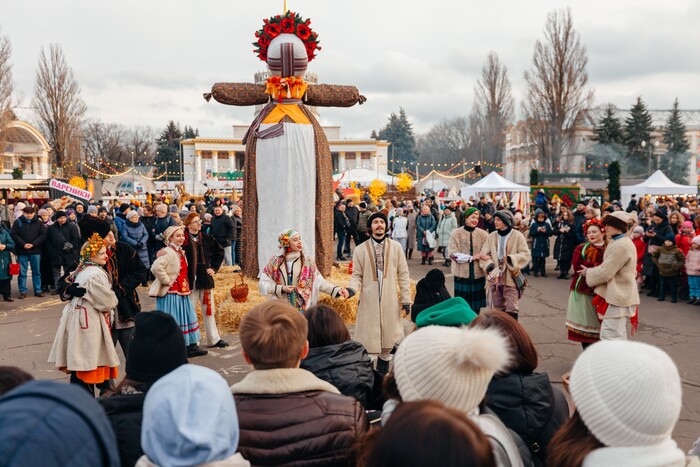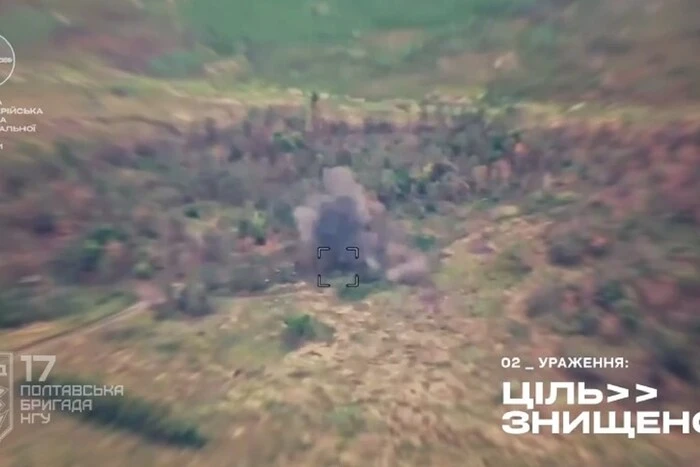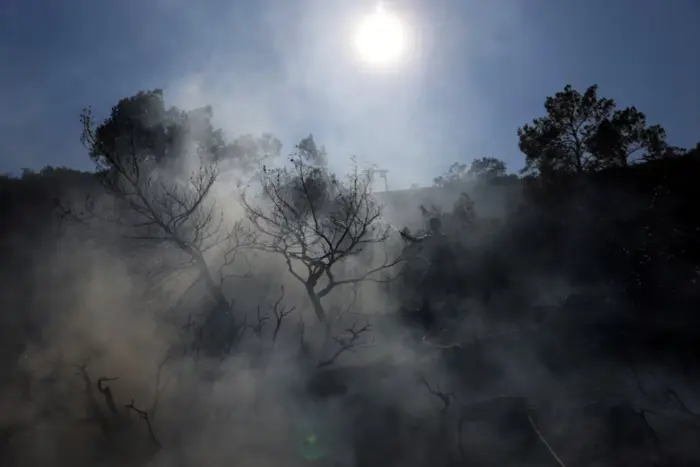Maslenitsa 2025: when we celebrate, history and traditions of the holiday, prohibitions and signs.


Maslenitsa is a traditional Slavic holiday that symbolizes farewell to winter and the arrival of spring. This holiday is accompanied by many interesting rituals and celebrations that have become an integral part of Ukrainian culture. Maslenitsa lasts a whole week and falls at the beginning of Lent.
The traditions of Maslenitsa remain unchanged, although the date of celebration depends on Easter. In 2025, Maslenitsa will last from February 24 to March 2.
The holiday has several names: Maslenitsa, Kolodiy, Syroput, Syrna, and Babsky week. It is worth refusing the name Maslyana, which comes from the Russian variant of the holiday.
Maslenitsa combines pagan traditions of meeting spring and saying goodbye to winter. During this week, eating meat was forbidden, and instead, various dishes made from milk, eggs, and cheese were prepared. Ukrainian traditions of Maslenitsa differ from Maslyana, especially in the use of dumplings with cheese as the main dish of the holiday.
- Monday – 'Meeting', inviting close ones and treating them;
- Tuesday – 'Flirting', fun sledding and games;
- Wednesday – 'Sweet Tooth', treating guests with pancakes;
- Thursday – 'Revelry', loud celebrations all day;
- Friday – 'Mother-in-law's party', inviting the wife's parents for dinner;
- Saturday – 'Sister-in-law gatherings', visiting the parents and the husband's parents;
- Sunday – 'Forgiveness Sunday', asking for forgiveness from those we have wronged.
On Maslenitsa, Kolodiy is burned, symbolically saying goodbye to winter and welcoming spring. There was also a rite of 'tying the log', where unmarried boys were punished by tying a log to their leg.
During Maslenitsa, it is important to remember the restrictions:
- To do housework only during the first three days;
- Not to stay home alone;
- Not to refuse guests and to visit family and friends ourselves;
- To refrain from overeating.
Signs:
- Pancakes indicate a happy and prosperous year;
- Greed during the feast will lead to ruin;
- The first pancake remembers deceased relatives;
- More pancakes – more sunny days in the year;
- The taste of the pancakes from the mother-in-law's variant means harmony and understanding in the family;
- Unexpected guests will bring happiness.
It is also believed that a frosty Maslenitsa promises a hot summer, while overeating during the holiday is a sin.
Read also
- Abnormal heat up to +37: forecasters warned which regions will be affected by the temperature rise
- National Guard surprised the Russian cannon at a record distance
- Consequences of the abnormal heat: Greece is burning, thousands of people evacuated
- A plane caught fire in Spain: 18 people injured
- Devastating Flood in Texas: 24 Dead, Search for Missing Girls Continues
- The Ukrainian Armed Forces attacked the 'Borissoglebsk' airport in Russia










